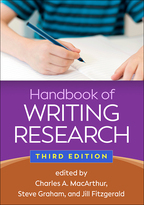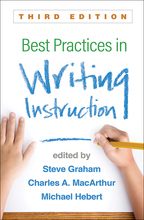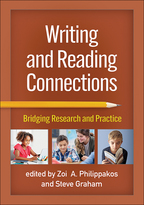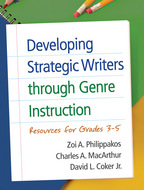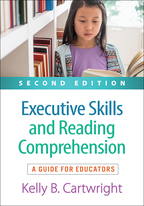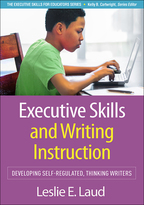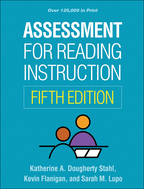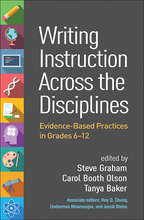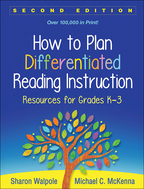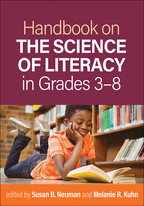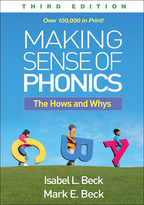Handbook of Writing Research
Third Edition
Edited by Charles A. MacArthur, Steve Graham, and Jill Fitzgerald
HardcoverPaperbacke-bookprint + e-book
Hardcover
orderMay 22, 2025
ISBN 9781462557288
Price: $102.00 480 Pages
Size: 7" x 10"
Paperback
orderMay 6, 2025
ISBN 9781462557271
Price: $68.00480 Pages
Size: 7" x 10"
e-book
orderMay 28, 2025
PDF and Accessible ePub ?
Price: $68.00 480 Pages
ePub is Global Certified Accessible
print + e-book $136.00 $81.60
orderPaperback + e-Book (PDF and Accessible ePub) ?
Price: 480 Pages
ePub is Global Certified Accessible
Sign up for emails on upcoming titles by Steve Graham (with special discounts)!
Synthesizing the breadth of current research on the teaching and learning of writing, the third edition of this definitive handbook has more than 90% new content, reflecting the growth and dynamism of the field. Leading scholars—including many international voices—review major theories, developmental issues, and instructional approaches for students at all grade levels. Cognitive and sociocultural aspects of writing are explored in depth, as are assessment principles and methods. Issues in teaching students with disabilities, multilingual students, and culturally diverse students are addressed. The volume discusses innovative research methods and educational technologies and identifies key directions for future investigation.
New to This Edition
New to This Edition
- Chapters on executive functions in writing; disciplinary writing in math, science, and social studies; the role of vocabulary in writing; and formative assessment.
- Chapters on source-based writing, source evaluation, and writing development and instruction for African American students.
- Chapters on sociocultural aspects of writing—from critical literacies to agency and identity, social justice issues, and more—plus an emphasis on integrating cognitive and sociocultural perspectives throughout.

